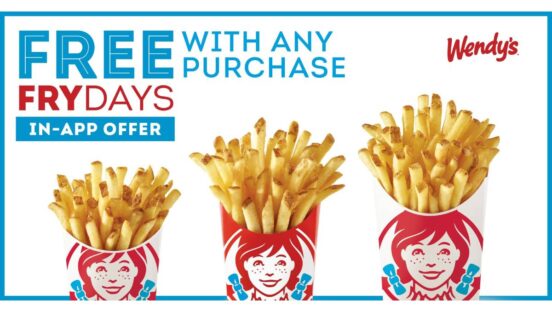Q: We’d like to get started with a marketing and PR firm. What suggestions do you have for hiring the right fit?
A: How exciting, Robb! Your company’s decision to engage outside marketing resources indicates it’s ready to make a significant investment in the future. To pick the right marketing agency, there are a few things you should consider.
Set your selection criteria. From the start, establish how you will evaluate different firms. In a moment I’ll explain different factors to consider, but all stakeholders at your company should agree to the selection criteria. That way you avoid wasting time exploring options that turn out to be unacceptable to a key decision-maker or giving conflicting signals to the companies you’re considering.
Look for relevant experience. Marketing agencies should have experience with firms of your size and with similar business models—retail consumer business rather than business to business—but restaurant industry experience isn’t a must. What most brands need is to increase their differentiation from competitors, so you might benefit from an outsider perspective.
Look for experience handling challenges similar to yours. Ask agencies to show you how they’ve raised the profile of other companies. If their strategies increased visit frequency, look for examples of effective loyalty programs. Also, consider agencies with experience targeting the market segments you’re interested in. They’ll incorporate insights about your target customers without having to do a lot of research.
Inquire about strategy and creative. When reviewing past work, don’t be dazzled by clever campaigns and cool designs alone. The agency could have just gotten lucky; creativity can be hit and miss.
Instead, ask about the thinking behind the creative. What problem was the firm trying to solve? What insights about the customer, brand, or business did it uncover and leverage in the creative process? What other approaches did it consider but reject, and why? The firm should demonstrate its ability to think critically about your objectives and the solutions it recommends.
Ask for options. Since you haven’t set a budget yet, ask the firms to submit proposals for high, medium, and low spending levels. That way, you see what they can do in different scenarios, and their options will reveal the programs and tactics they believe are most important.
Still, make sure you delineate the different spend levels, or at least give ranges. Leaving the budget completely open-ended is unfair because it gives the agencies the impossible task of trying to read your mind, and it could waste a lot of time—theirs and yours.
Define success. Be clear about how you will measure the agency’s success. It’s likely to fail if it’s trying to hit a moving target. The metrics should be tied to specific marketing programs as closely as possible—for example, the number of new Twitter followers during the promotional period or increased sales of the advertised item. Broader measurements like daily traffic counts are impacted by factors out of a marketing firm’s control and are therefore less accurate performance indicators.
Hire for capabilities and culture fit. The selected agency should not only have the right capabilities, but also the compatibility with your organization and culture. If you run a tight ship, make sure it does too. If you like to have a lot of fun, play games, and crack jokes, find an agency that thrives on that.
To assess cultural fit, insist that the people you meet with during the proposal process are the ones who will be working on your business on a regular basis. This will also ensure that you won’t be sold on a firm by its senior partners only to be left dealing with a junior executive once the real work starts.
Date before you marry. Long-term partnerships are the most fruitful and rewarding, so you should work toward a long-term contract (at least a year) with a firm. But start small. Assign a few minor projects at first to allow both sides to determine whether or not there’s a fit. And pay the company fairly from the start. You’ll get the best work if the agency feels you are committed to the relationship.
Consider a portfolio of resources. It may be that the best agency for you is actually a group of agencies. Rather than trying to find one company that does everything, you might be better served by working with experts in different fields. It takes a different skill set and experience base to run a social media campaign versus a print ad or a community event, so companies that specialize in these different areas are likely to produce better results. Plus you gain the flexibility to draw upon different resources as your needs change. This approach might require more management on your part, but the additional work is worth it if you’re looking for a range of programs.
Hiring a marketing company is not a simple task, nor one you should rush through. It’s better to take the time to do it right once than wrong twice (or three or four times). Good luck!












